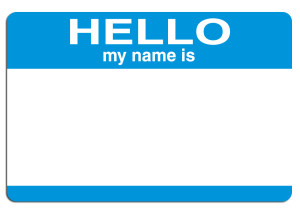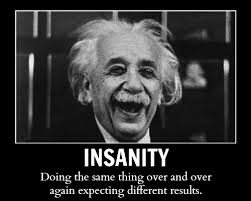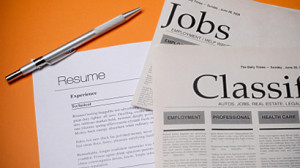
Yeah, I’ve done it. I have called people and told them “I was referred to you by someone on a confidential basis for a position I am recruiting for…” and I believe that most of the time that was true. But I also know that I have gotten names from references on resumes, Twitter, FB and even from peeling back urls in the old days. I have had people tell me “I know someone who would be great but I am hesitant to give you their name because I work with them.” That is where the confidential part of the referral sometimes comes into play.
Whether you believe the recruiter or not, the rules are similar to the cold call. If they don’t or won’t tell you who gave them your name then treat it like a cold call. If they tell you who referred them, it gives them a little more credibility. Also, you want to be sure and follow-up with the person that referred the recruiter to you. Why? One, to validate their story and two, to see if they have any more information on the position. A good recruiter will know a lot about the position, but as in many positions, not all recruiters are that good.
The last thing you want is to find a great opportunity and have some punk recruiter mess you up by giving you incomplete or worse, inaccurate information on the position. If the recruiter does not give you a lot of information, they may not have it. Either way, it is up to you, the candidate, to do your homework on the position and the company.
Before you get off the phone with the recruiter be sure to get their information and try to get as much information on the position and company they are considering you for. They may not give you much on the position or company until they have a chance to pitch you to the hiring manager. Remember, an agency recruiter only gets paid if they refer you to the company.
Al
Be kind to unkind people, they need it the most.
Unknown







